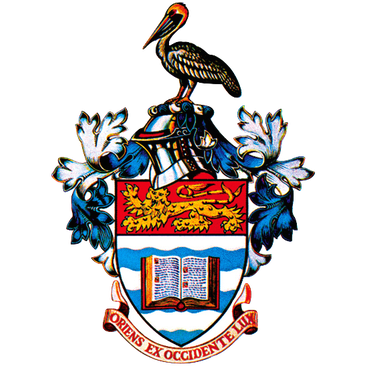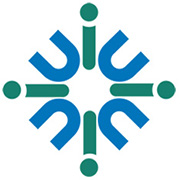📚About the Program
If you’re passionate about human movement, health, physical activity, and helping others live longer, healthier lives, then the human kinetics bachelor’s degree program at the University of Regina in Saskatchewan is for you.
The Bachelor of Kinesiology in Human Kinetics will prepare you to work in areas including:
physical fitness appraisal
exercise rehabilitation
health and wellness counselling
exercise leadership
lifestyle management
health promotion
workplace wellness
strength and conditioning
In the human kinetics program, you will focus on both individual and community-based programming, while combining a strong understanding of anatomy, physiology, nutrition, biomechanics, movement behaviour, and exercise psychology. You will also learn about disability and the relationship to physical activity, assessment, and rehabilitation.
Sometimes called exercise science, the human kinetics bachelor’s program at the U of R will prepare you for a unique health career. Get career-ready with a 15-week, full-time field work experience, applying what you learned from studying your major. This level of experience prior to degree completion is not common in other undergraduate kinesiology programs.
You can choose from two focus areas to advance your human kinetics knowledge and career:
High Performance concentration
Adaptation and Rehabilitation concentration
Kinesiology and Health Studies provides multiple pathways to multiple destinations. Come and find the pathway that’s right for you.
What is Human Kinetics?
Human kinetics is the study of human movement and exercise, and its impact on health and the body’s performance and function. It is also referred to as exercise science.
In the human kinetics bachelor’s degree program at the University of Regina, you will study biomechanics, physiology, exercise physiology, motor control theory, and exercise psychology in relation to health, wellness, and disease. You will focus on both individual and community based programming, as well as rehabilitation, lifestyle management, and chronic disease prevention. You will also learn about disability and the relationship to physical activity, assessment and rehabilitation.
Show less












